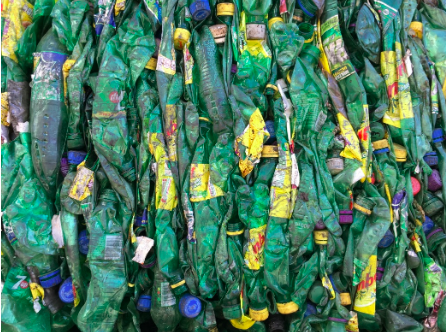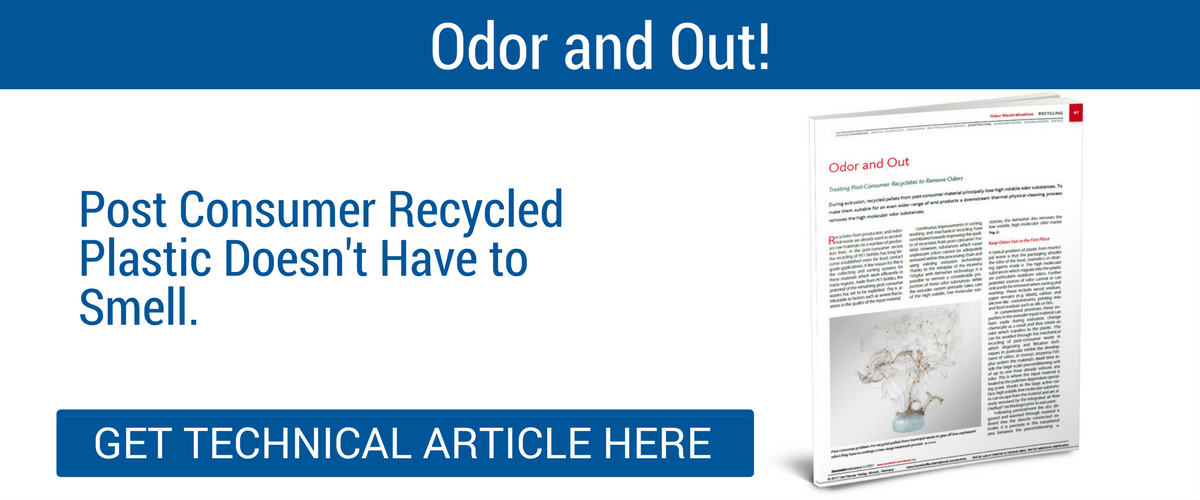
The PET recycling market faces major challenges as some of the world’s leading brands plot new ambitious strategies to increase the use of recycled content in many of its beverage products. The leading beverage companies such as Coca-Cola Co. plan to incorporate up to 50% recycled content in its plastic containers by 2030. The verdict is still out on whether the PET recycling industry can meet this ambitious effort as the plastics sector works to become more sustainable. Among the key challenges are an anemic recycling rate in the U.S., cost pressures due to falling oil prices, increased contamination, and export market implications.
New statistics from the National Association for PET Container Resources and the Association of Plastic Recyclers show the recycling rate dropped to 28.4% in 2016 from 30.1% in 2015. Meanwhile, the actual mass of post-consumer recycled PET containers fell by 44 million lb from 2015 to 2016, after dropping 15 million pounds the year before, according to industry sources.
To meet the beverage industry’s commitment to recycled content, industry observers point to the potential need for more bottle deposit bills to be enacted in the U.S. in order to spur PET recycling. Today, there are 10 states with returnable deposits, which have resulted in recycling rates of between 65% and 95% percent, according to Plastics News. Curbside systems are less efficient with recycling rates of just 20%.
Another key challenge - the growing amount of contamination - is tied to the increased proportion of inhomogeneous components in the material flow. The packaging market continues to grow at a strong pace, with a steady beat of new products using new designs and materials. This has led to greater difficulty in separating different resin types and increased contamination. The upshot is that today's recycling plants have to produce better quality output material with poorer quality input material.
Pricing is another key challenge for PET recyclers. The market is constrained by the ability of suppliers to offer rPET at prices that can compete with virgin PET resin, according to a study by Closed Loop Partners. A key development has been the shale oil and gas boom which has driven down gasoline and home heating prices, while also pushing down virgin resin prices.
Post-consumer recycled PET must travel from consumer to material recovery facilities (MRF) to reclaimer/reprocessor to end user. At each stage, there is potential for yield loss and inefficiency, says the consultancy. At the time of the study, the estimated average cost to produce virgin PET was $0.52-0.56 per pound, while the cost to process and produce rPET was estimated at $0.60-0.65 per pound. New improvements across the manufacturing system need to be made so rPET can become competitive with virgin resin.
To learn about advanced PET Recycling Technologies that will address these challenges visit our blog here.
To learn more about Advanced PET Recycling Technology visit our guide here.














